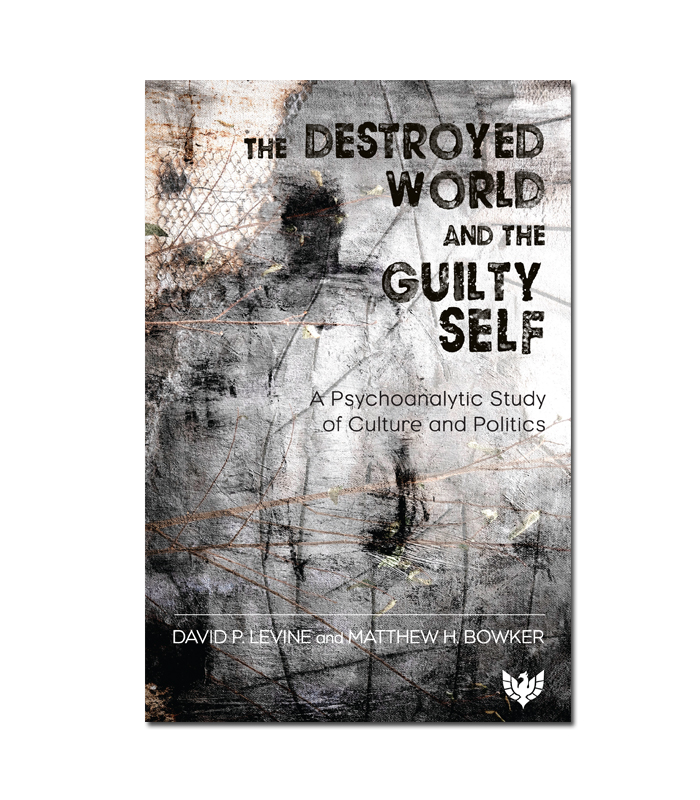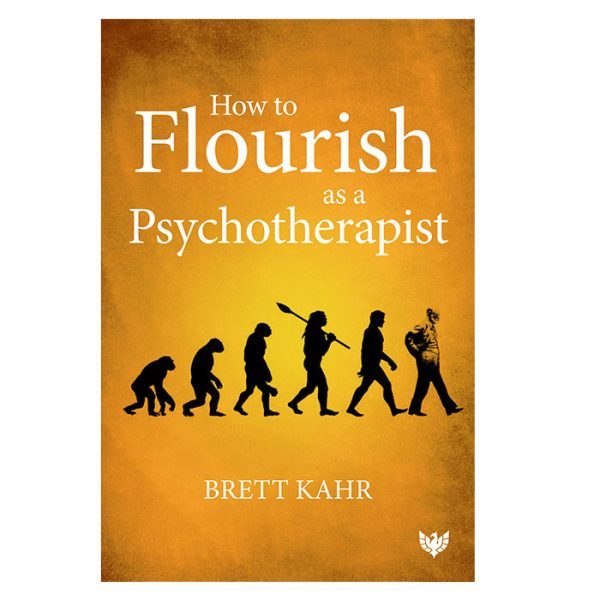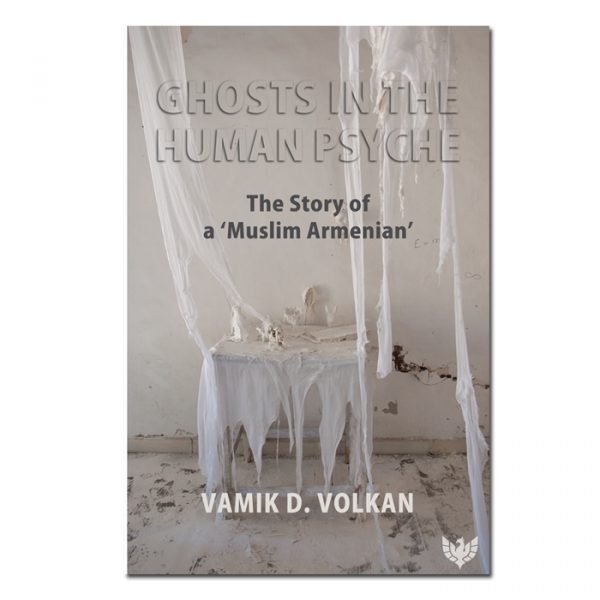David Levine and Matthew Bowker explore cultural and political trends organized around the conviction that the world we live in is a dangerous place to be, that it is dominated by hate and destruction, and that in it our primary task is to survive by carrying on a life-long struggle against hostile forces. Their method involves the analysis of public fantasies to reveal their hidden meanings. The central fantasy explored is the fantasy of a destroyed world, which appears most commonly in the form of post-apocalyptic and dystopian narratives. Their special concern in the book is with defenses against the painful consequences of the dominance of this fantasy in the inner world, especially defenses involving the use of guilt to assure that something can be done to repair the destroyed world.
Topics explored include: the formation of internal fortresses and their projection into the world outside, forms of guilt including bystander guilt and survivor guilt, the loss of and search for home, and manic forms of reparation.





 David P. Levine is emeritus professor in the Josef Korbel School of International Studies at the University of Denver. He holds a PhD in economics from Yale University and a Certificate in Psychoanalytic Scholarship from the Colorado Center for Psychoanalytic Studies. He has published extensively in the fields of economics, political economy, and psychoanalysis. In the field of psychoanalysis, he has published books on work, creativity, ethics, and politics. His most recent publication is Dark Fantasy: Regressive Movements and the Search for Meaning in Politics. He currently lives in Santa Fe, New Mexico.
David P. Levine is emeritus professor in the Josef Korbel School of International Studies at the University of Denver. He holds a PhD in economics from Yale University and a Certificate in Psychoanalytic Scholarship from the Colorado Center for Psychoanalytic Studies. He has published extensively in the fields of economics, political economy, and psychoanalysis. In the field of psychoanalysis, he has published books on work, creativity, ethics, and politics. His most recent publication is Dark Fantasy: Regressive Movements and the Search for Meaning in Politics. He currently lives in Santa Fe, New Mexico. Matthew H. Bowker, Ph.D., was educated at Columbia University, Institut d’études politiques, and the University of Maryland, College Park. He is the author of over fifteen books and several dozen journal articles and chapters on psychopolitical theory. He is currently Clinical Assistant Professor in the Social Sciences Interdisciplinary Program at The State University of New York (SUNY).
Matthew H. Bowker, Ph.D., was educated at Columbia University, Institut d’études politiques, and the University of Maryland, College Park. He is the author of over fifteen books and several dozen journal articles and chapters on psychopolitical theory. He is currently Clinical Assistant Professor in the Social Sciences Interdisciplinary Program at The State University of New York (SUNY).
Rachael McKeown, Psychodynamic Counsellor, Sussex Counselling and Psychotherapy News, Autumn/Winter 2019, Issue no. 136 –
…the book offers an important and substantive argument in our fraught political times. Levine and Bowker assert core Object Relations principles, and bring with them a broader defence of Enlightenment values of individuality and progress – coming to terms with our faults and subjectivity will not help us achieve empathy, we need psychological integration and alignment with reality.
Annie Peskin, British Journal of Psychotherapy 36:1 (2020) –
‘While reading this book, I enjoyed the jolts I got from recognizing human nature refracted through the traumatizing scenarios of the TV shows and novels the authors explored. I think there is much to recommend this book.’
Read the full review here.
Miguel Angel Gonzalez-Torres, MD, PhD, The American Journal of Psychoanalysis, 2023, 83, (590–593) –
‘The authors exhibit a remarkable mastery of classical and contemporary bibliography. […] Often in the academic world, it is said of a text that it is “thought provoking.” Levine and Bowker’s monograph falls into that category. I would say that this is the best adjective that can be assigned to a book. […] A detailed and complex exposition that pushes the reader to think.’